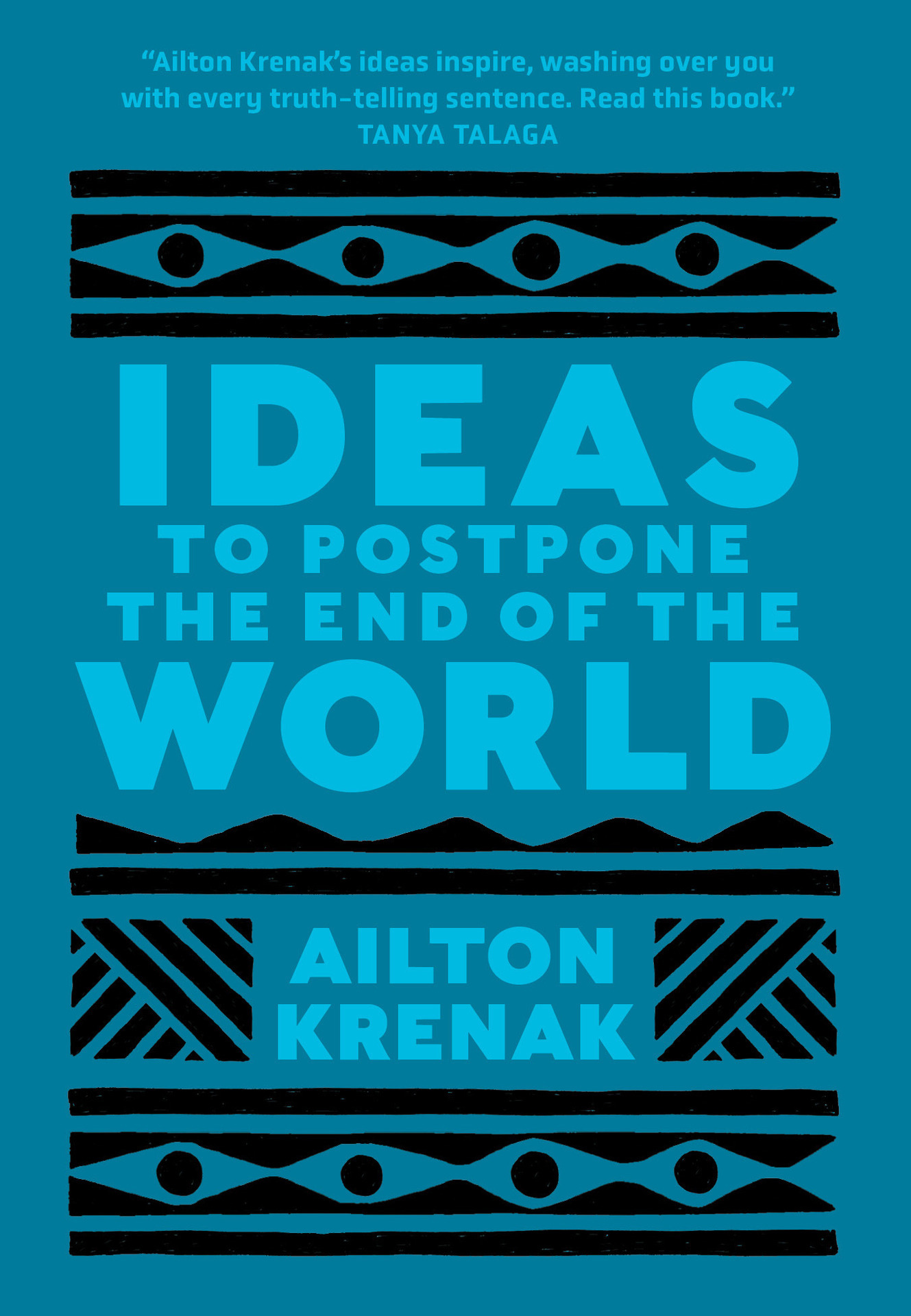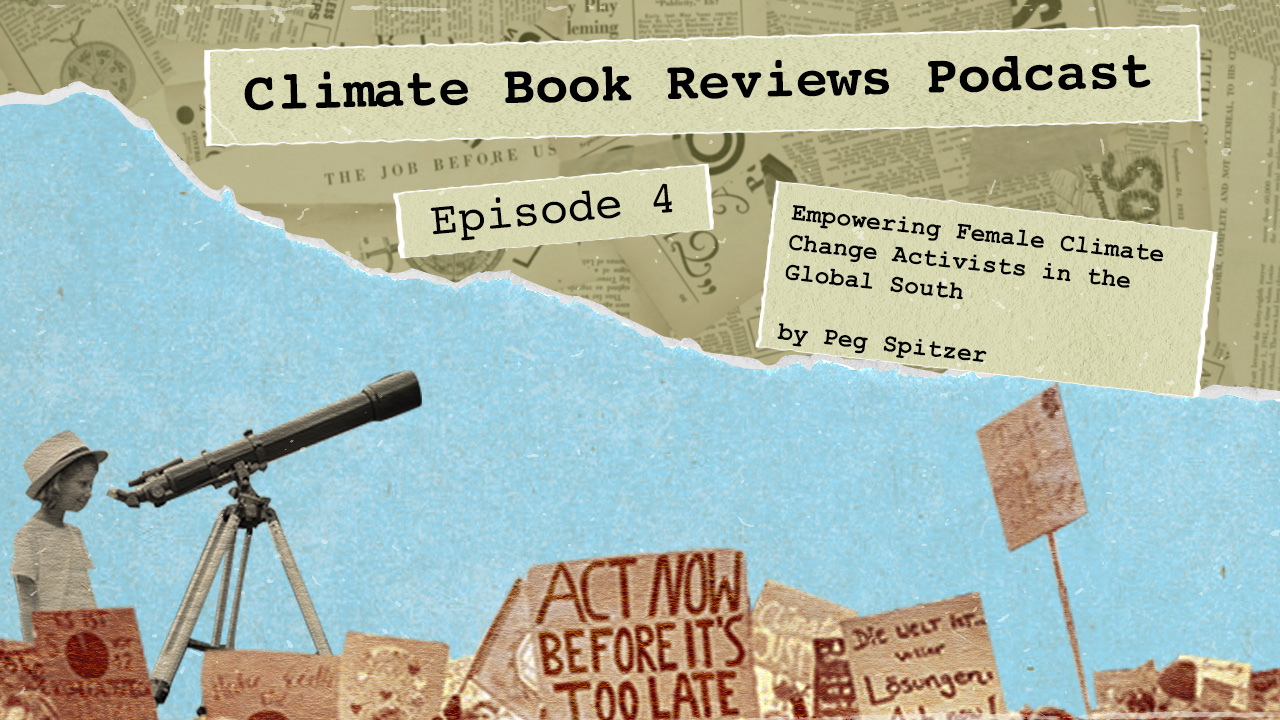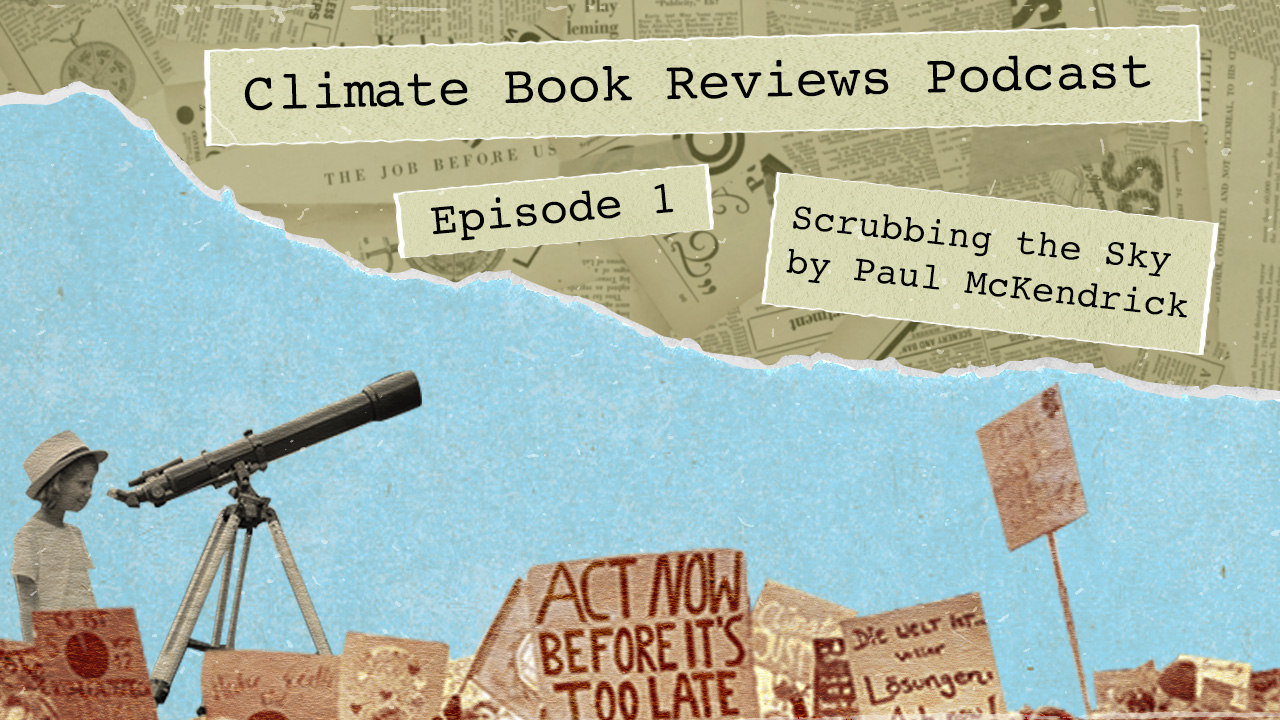Ideas to Postpone the End of the World (Anansi International, 2020) gathers different texts from Ailton Krenak, an indigenous activist from Brazil. The book was published in 2020 in the middle of the pandemic caused by the coronavirus, and in its introduction, Krenak points out the importance of reflecting on the ways humanity has been living since the crisis exposed the risks of maintaining a lifestyle that threatens to end human life: “The virus is discriminating against humanity. Just look around. Nature’s getting on with nature. The bitter melon grows just as it always has in my garden. The virus isn’t killing birds, bears, or any other creature; just us, humans. It’s humankind and our artificial world that has gone into a tailspin. The virus, a natural organism, is attacking the unsustainable way of life we chose for ourselves – this fantastic freedom we so love to demand, but which comes at a cost no one thought to consider” (8). Sadly, even though the pandemic confronted us with an extreme situation a couple of years after its beginning, it seems that we have learned nothing.
Nonetheless, Krenak words are not useless since he helps us to interpret from a new perspective. This book gathers two lectures and one interview from Krenak, all done a few years before the pandemic hit our world. For Krenak, it is important to understand that for the world to not end, we need a different relationship with the environment, which means a new behavior system. It is not about finding how to make the current system sustainable because the system is the cause of the current situation. Krenak says that sustainability is a myth “invented by corporations to justify their theft of our idea of nature” (15) and, therefore, to claim themselves as the only caregivers for all the resources.
From this perspective, the discourse of responsible consumption turns only into a strategy to sustain the order of things and not a proposal to change and create a better way to relate to nature. Krenak explains clearly that the idea of the end of the world is not a true warning. On the contrary, the end of the world is the way in which companies ensure nothing changes. If people think that the world will end, they will not act since there seems to be no future to dream about. For Krenak, postponing the end of the world allows the possibility of dreaming about a different reality, in which people, animals, plants, and all entities are seen as equals and not as resources or obstacles to profit.
–Mario Henao



